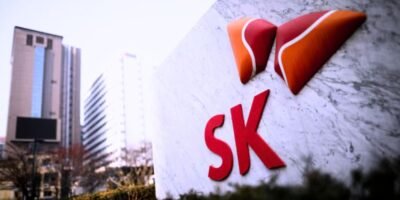Scientists are intentionally sending several strains of dangerous bacteria, including E. coli and Salmonella, to the International Space Station (ISS). This isn’t a sci-fi horror plot; it’s a serious scientific experiment designed to understand how bacteria behave in the extreme environment of space.
The goal is to see how these germs grow and spread in zero gravity. The bacteria will be grown on the ISS and then brought back to Earth.
Scientists will then compare them to identical bacteria that were grown in a lab under normal conditions. This will help them map out how the bacteria’s genetics change in space.
The research has two main goals. First, it could help protect astronauts, who are more vulnerable to infections during long space missions due to stress and radiation. But the experiment could have even bigger benefits back on Earth. As we face a growing crisis of antibiotic-resistant “superbugs,” studying how these bacteria adapt to the harshness of space could reveal new weaknesses that we can exploit to fight them.
Ohad Gal-Mor, who is leading the experiment, said it will allow them to “systematically and molecularly map how the genetic expression profile of several pathogenic bacteria changes in space.”
This isn’t the first time bacteria have been studied for space, but it is the first time this particular experiment will take place on the ISS. The results could provide crucial insights into how we can combat some of the most stubborn and dangerous infections we face.













